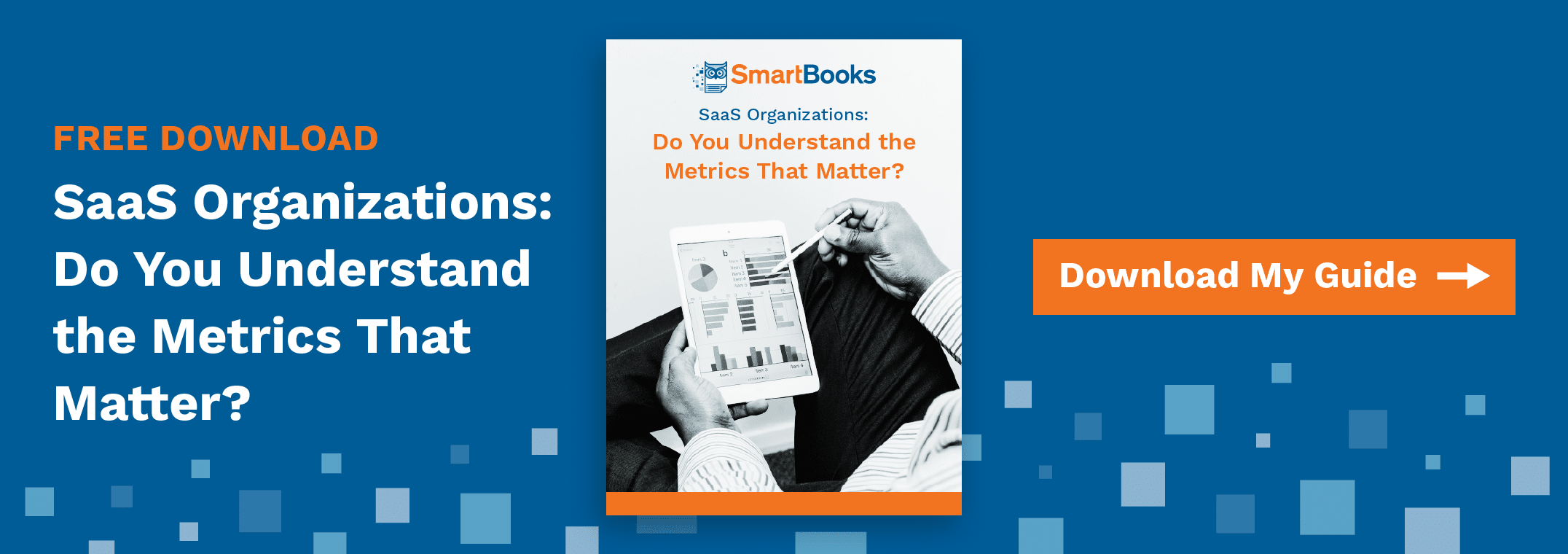5 Questions SaaS Companies Should Ask Their Accountant

Software-as-a-Service (SaaS) companies enjoy unique and inherently profitable business models, but the benefits come at a cost: accounting for SaaS companies can be notoriously complex and become even more so when the standards for financial accounting enter a state of flux.
Here are five questions you should ask your accountant to avoid undue IRS attention.
1. Is our business model compliant?
In the technological gold rush of software startups, many software vendors rush to market and fail to account for regulatory distinctions that create problems down the road. Fortunately, your accountant can provide details.
The key issue is whether your SaaS business model is considered a sale of software (governed by Section 985 of Accounting Standards Codification (ASC) 605) or a sale of service (governed by the Securities and Exchange Commission materials of ASC 605-S99, Staff Accounting Bulletin topic 13.A3(f)). Several criteria must be met for a true SaaS designation, the details of which will also impact how revenue is recognized down the road.
2. Which accounting method are we using?
Depending on the size of your SaaS enterprise, your accountant is using either a cash-based or accrual-based accounting methodology. Cash-based accounting is an effective and straightforward option for startups with simple reporting, but as the startup scales and the complexity increases, accrual accounting will become necessary. Business owners should gather this information early, as accrual-based reporting can provide valuable information about business performance and trends over time.
3. Which services have standalone value?
Standalone value is another important concept of SaaS accounting that determines how revenue should be recognized. Generally, software hosting, licensing, and upgrades all fall within a singular accounting unit. However, the revenue from additional services deemed to have “standalone value” may need to be recognized separately from the primary SaaS service. Refer to ASC 605-25-25-5 for more information.
4. Which costs can be capitalized?
Certain software development and contracting costs can be capitalized over the life of the software, while others must be reported as they occur. SaaS companies in particular face challenges in this area, as cost capitalization and deferment are unique considerations that must be assessed based on how services are developed and how customers use them.
5. How do we calculate fair value?
Fair value relates to how revenue is recognized and whether SaaS companies can legally recognize portions of their arrangement fees upon delivery of the license to clients. Fair value is a determination made by reviewing the standard price a company charges when selling services on a standalone basis. There are several criteria that must be met for this designation to apply, often requiring companies to track sales prices separately. When applicable, businesses may defer the full fair value of undelivered products.
Achieving Business Compliance
Sometimes, a SaaS business owner’s best friend is his/her accountant. While the software licensing business model is straightforward on paper, plenty of businesses are stumbling with their bookkeeping and drawing the ire of regulatory bodies. It’s best to make sure your accountant is always available to help and answer questions.
